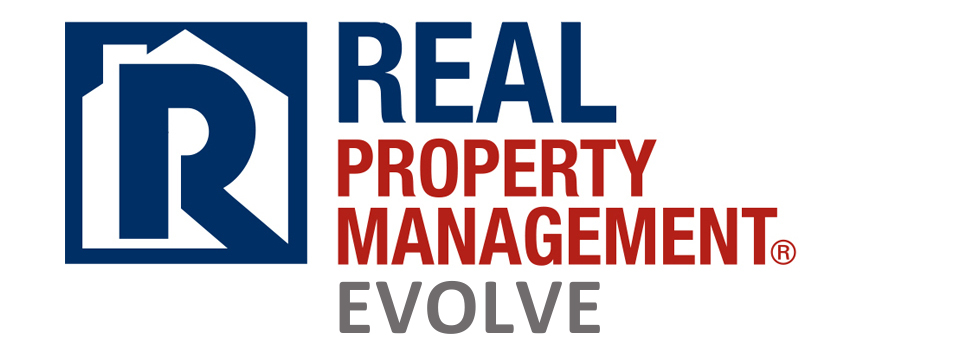The Interest-Only Loan: A Wise Investment Tool?
Whether you are a seasoned real estate investor, or just getting into it, understanding the interest-only mortgage loan is of utmost importance, so that you can decide whether it is an appropriate tool for you as you make certain investment choices.
What is an interest-only mortgage loan?
You might know this, but let’s review:
Essentially, an interest-only loan requires that the borrower only pay the interest on the loan for a period of time. Meaning, the monthly payment will apply exclusively to interest, and not serve to reduce the balance owed on the loan, typically for the first 3-10 years of the loan period. When this initial period ends, the loan is re-amortized (or recalculated) in order to pay down the principal. The idea is that the borrower can enjoy a lower payment for quite sometime, often with the flexibility of making larger payments on top of the interest at any time it is convenient. The down side is that it can cost the borrower a lot more in the long run. That’s why this can be a good option for the real estate investor who is looking for a short-term turnaround, but might not be ideal if the investor is in it for the long haul.
When can an interest-only loan benefit real estate investors?
- If you want to invest in a larger home than you would normally qualify for, the interest-only loan can be of benefit—but only if you’re confident in a growing market.
- If you want to flip a property.
- If you want to free up some cash flow to make other investments.
- When you expect high property appreciation during the period of your investment. However, remember the inherent risk involved if market value drops, because you will be compromised in that scenario, without having paid anything on the principal.
What are the risks?
We’ve already alluded to a few risks, but the bottom line is that interest-only loans typically cost more in the long run and in an unhealthy market, you could find yourself underwater pretty quickly. You have to be able to build the equity of the house—which means that for an interest-only loan to work as an investment, home prices must appreciate while you own the home.
The bottom line? An interest-only loan can benefit you as an investor, but make sure you are absolutely confident you are investing in a property that belongs to a healthy, growing market.





